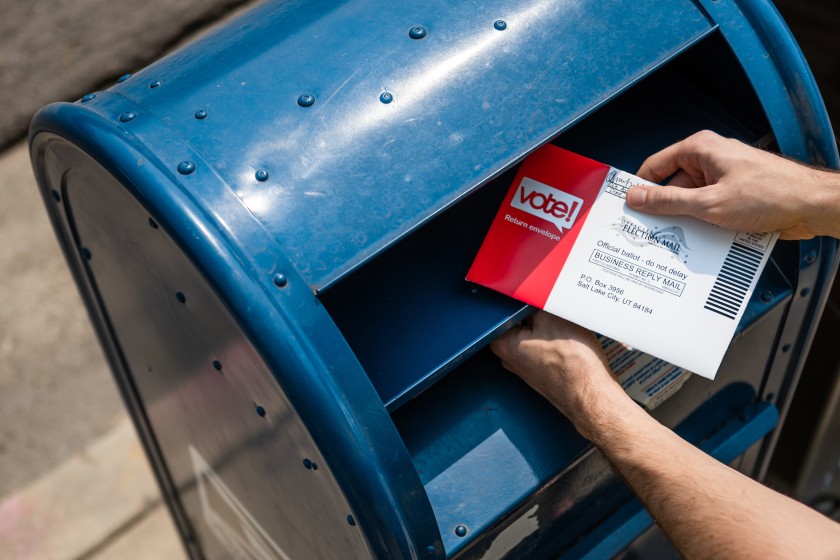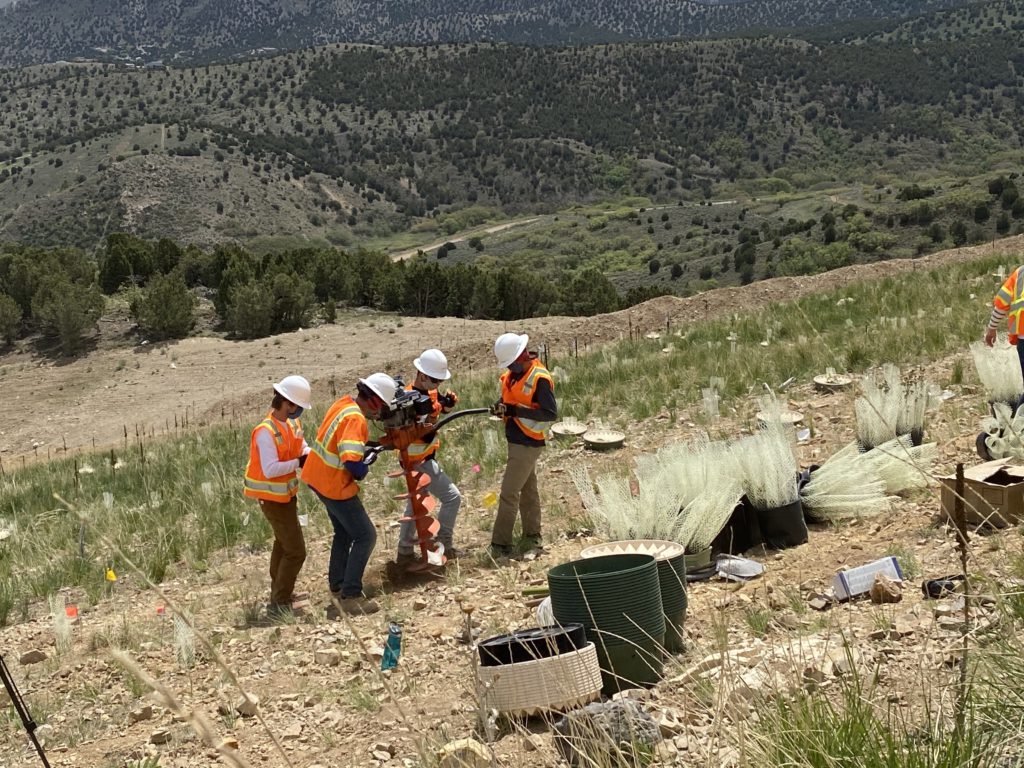College of Family, Home, and Social Sciences

2020 had the highest voter turnout of this century. But this year, without national elections on the ballot the number of voters will likely dip by 29-37%. “Off-cycle” years, like 2021, routinely have lower voter rates since people find less importance in local elections, which can have negative consequences. BYU political science professor Adam Dynes found that government leaders elected during “off-cycle” years are more likely to act in the interests of organized minority and interest groups, rather than the interests of the public. This is because local leaders are more likely to be elected by minority groups during “off-cycle” years since the majority of people will not vote in these local elections. The solution? Voting in every election.
“Our focus is often on national politics, whether that’s because national politics reach everyone, because we are socialized to focus on national politics in school or because partisanship is increasingly becoming an important part of people’s identities,” Dynes said. “But in our daily lives, we are arguably affected the most by local policies, which shape our water access, our streetlights, our K-12 schools, events like Fourth of July celebrations. Local politics influence what your neighborhood is like and your quality of life.”
College of Humanities

Professor of Islamic studies and Arabic Daniel Peterson plans to retire from his teaching position at BYU this summer, but not without one last project. Peterson and his wife worked as executive producers for the new “Witnesses” film currently in theaters. As a church history buff, Peterson combined his passion for the early days of the Church with Russell Richins, the director of arts production for BYU’s College of Fine Arts and Communications, and his passion for filmmaking.
Beyond the big screen, Peterson is proud of the work he accomplished as a professor. He believes his classes taught more than just a curriculum; they taught compassion and led to innovation.
“Although not Muslim, I’ve always seen myself in my teaching and public speaking as an emissary for the faith and civilization of Islam and as an advocate for better and more sympathetic understanding between the Muslim world and the West,” Peterson said.
Peterson conceived, launched, and for many years, led BYU’s Islamic Translation series, which eventually developed into the broader Middle Eastern Texts Initiative. “The bilingual volumes produced by that effort will, I’m confident, remain important long after I’m forgotten,” he said.
College of Life Sciences

BYU research students teamed up with mining company Rio Tinto Kennecott to improve the reclamation efforts at Bingham Canyon. The area is home to an active mine established in 1906 and became a National Historic Landmark in 1966. Reclamation entails reintroducing native wildlife species in the area to better the land and environment of the canyon. The 12 students employed in this project are finding ways to plant a variety of new seeds and integrate technology that helps continuously water the soil to keep the plants sustained. By the end of the project 656 new trees and shrubs will be planted in Bingham Canyon.
“This partnership is helping Rio Tinto Kennecott to continue improving the quality of its reclamation efforts and give our students the opportunity to learn skills that will benefit them in their future employment,” BYU associate professor of plant and wildlife sciences Matt Madsen said in a news release. “The restoration we are doing in these areas can benefit Utah’s land and community by bringing back native vegetation, improving the site for wildlife habitat, air quality and the viewshed here in Utah.”




